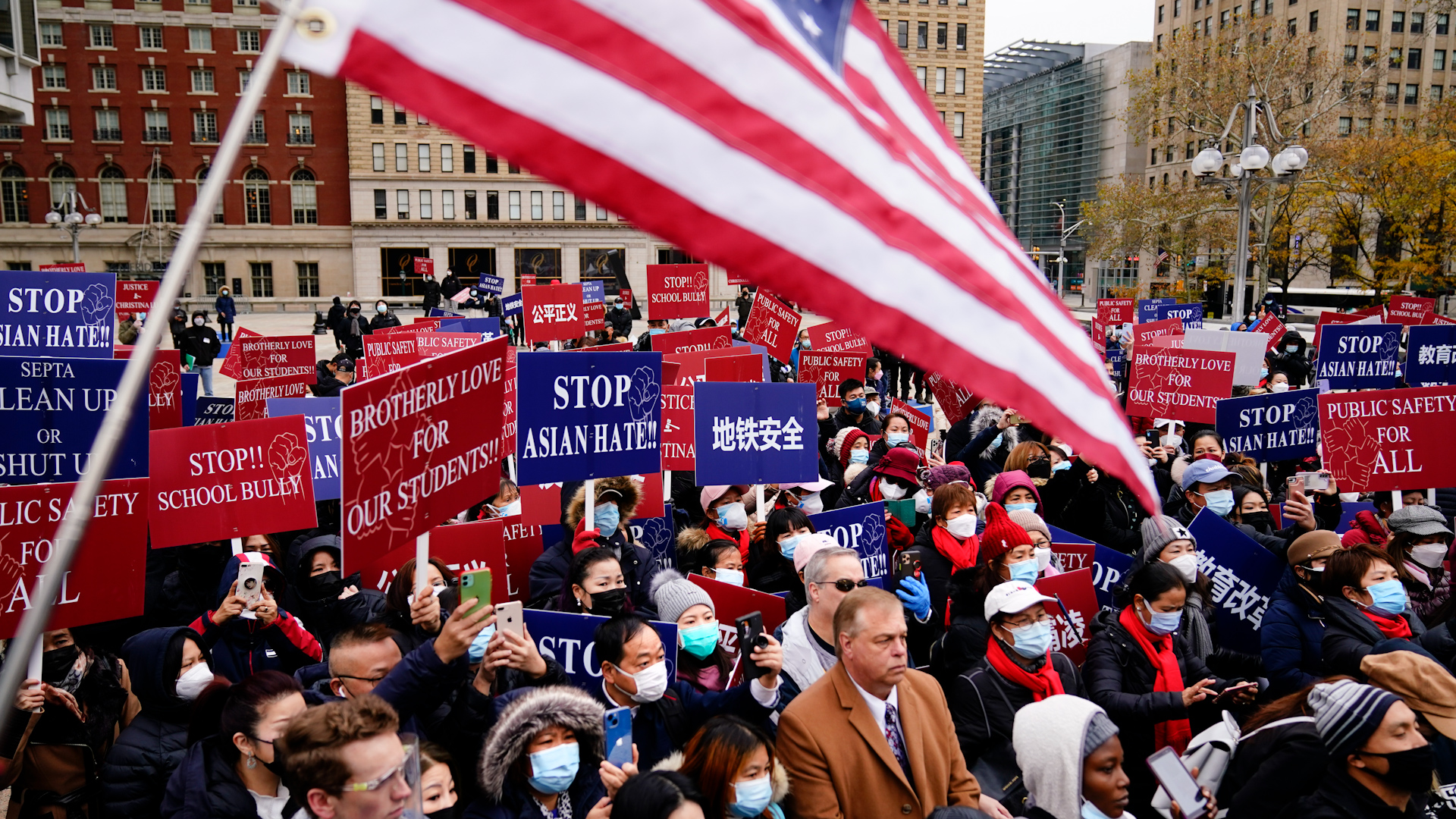Recent surveys indicate that the surge of anti-Asian racism during the COVID-19 pandemic continues to persist in the U.S.
These studies, from groups such as the Asian American Foundation and Columbia University’s School of Social Work, shed light on a long-standing issue: the lack of comprehensive data on Asian Americans and Pacific Islanders (AAPIs). This deficit could potentially influence critical policy and funding decisions, according to activists.
Advocates are now demanding more significant support for AAPI communities. In New York City, for example, calls are increasing for additional funding to meet the needs of the growing AAPI population, including initiatives against domestic violence, youth programs, and literacy programs.
Discrimination against AAPIs isn't only limited to social settings but is also evident in white-collar industries. A recent report from the Association of Asian American Investment Managers highlights that AAPIs face significant hurdles in achieving senior positions, particularly in the financial sector.

This challenge is amplified by the "model minority" myth, which portrays AAPIs as universally successful, diminishing the perceived need for support and equal opportunities. As the AAPI community continues to grow, addressing these issues will be increasingly important.
For more, check out our exclusive content on CGTN Now and subscribe to our weekly newsletter, The China Report.